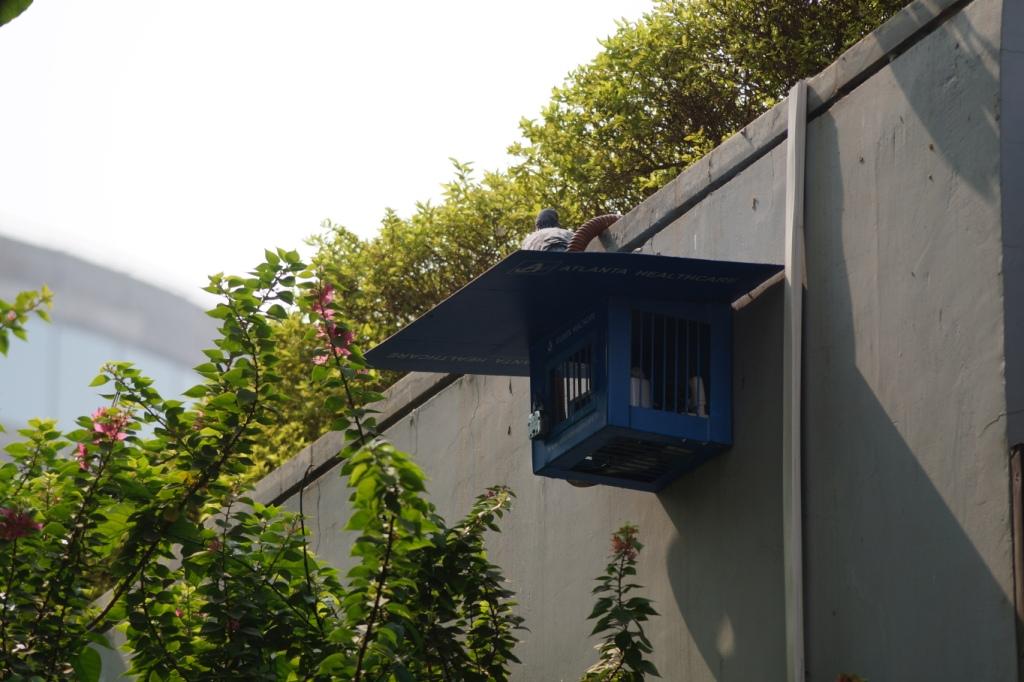The government’s efforts to control air pollution got a shot in the arm with the installation of four Air Quality Monitors across four locations of Gurugram. Four Air Quality Monitors have been installed, which are equipped with highly advanced technology. The devices can measure PM 2.5 along with temperature, humidity on 24*7 bases and transmit real-time data through the cloud. The move will help get deeper insights into patterns of air pollution across different locations and identify trends that lead to higher pollution in certain areas and also understand localised impact and cause of pollution.
Initiated by the DLF Foundation, the Air Quality Index would be released at periodically to combat pollution.
“The move is our first yet vital towards ensuring better air quality to the citizens of Gurugram. Air pollution is a major health hazard especially in Delhi-NCR and this step encourages efforts to improve the air quality in Gurugram,” said Col. Prakash Tewari, Executive Director, DLF Foundation.
According to the data from Air Quality Monitor, sustained level of ground pollution in Gurugram even during monsoon/rain period. Even on days when the air quality is satisfactory it towards the higher end of the range [51-100]. Caution one needs to take while looking at this data is the fact that this is hourly average, which means that one is breathing this level of pollution through the day and the exposure is not limited to few hours in a day.
The two critical aspects being worked on and are root causes that need to be addressed are vehicular pollution and diesel gensets.
Taking into account that diesel exhaust, which is carcinogenic, is a major contributor to PM10 and PM2.5 emissions, the foundation is with working with technical institutes like IIT to implement practical solutions to mitigate this effect. Along with stakeholders, a multi-pronged approach has been initiated towards attacking each of these problems in a systematic way focusing on short-term and long-term projects.
Air pollution has assumed concerns worldwide and has been linked to incidence of respiratory diseases like asthma, bronchitis and lung cancer. As per the WHO’s latest report of 2016, 13 of the top 20 most polluted cities in the world are from India. A recent report mentioned that the National Capital Region residents are losing out on almost 6 years of life because of the dangerous air pollution levels. If WHO standards were met in NCR, people would live nine years longer.
Despite the Supreme Court’s ban on crackers, this Diwali, air quality in Gurugram deteriorated over five times during the Diwali night. According to Haryana State Pollution Control Board, the Air Quality Index (AQI) value for 24 hours Thursday-Friday in Gurgaon was 365 micrograms per cubic metre (ug/m3), which falls into the category of ‘very poor.’
Thank you for reading the story until the very end. We appreciate the time you have given us. In addition, your thoughts and inputs will genuinely make a difference to us. Please do drop in a line and help us do better.
Regards,
The CSR Journal Team


